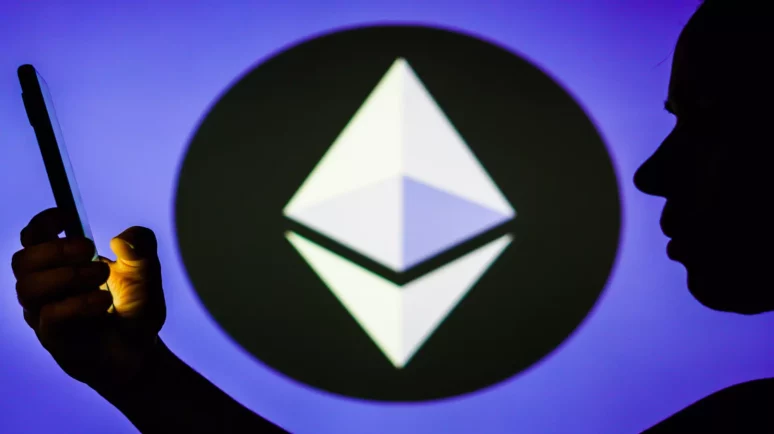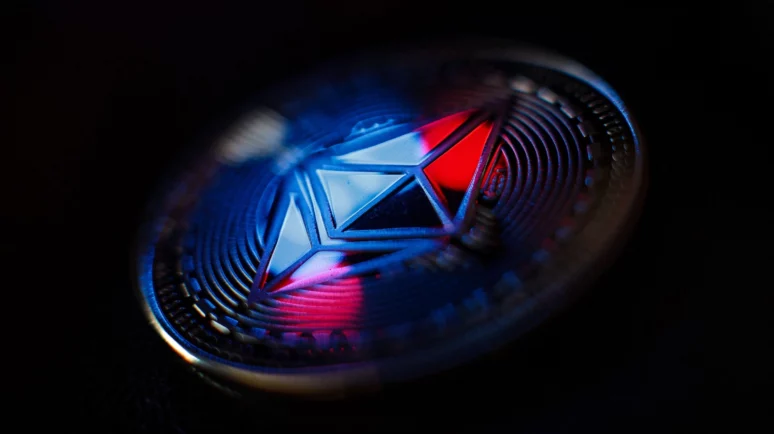Post-Dencun Ethereum: Transactions Double, Fees Near Zero – zkSync and Base Benefit the Most

Which Chains Benefitted the Most From Reduced Fees? : Credit - Hameem Sarwar
Key Takeaways
- Layer 2 transaction fees have fallen close to zero following the Dencun upgrade.
- The number of new addresses on zkSync and Base has increased significantly.
- Polygon has not fully implemented the upgrade and transaction fees are still high.
After Ethereum’s Dencun upgrade on March 13, the crypto community eagerly anticipated the impact on layer-2 transaction fees. The upgrade promised to revolutionize the scalability of Ethereum’s Layer 2 scaling solutions, with implications for transaction costs and network activity.
While Layer 2 transaction fees approach zero following the Dencun upgrade, the Ethereum ecosystem experiences a surge in network activity, particularly on platforms like zkSync and Base. However, the temporarily increased transaction fees for Base and the lack of reduction of fees in Polygon has raised questions about the long-term viability of the reduced fees.
How Much Have Layer-2 Fees Dropped?
Ethereum’s highly anticipated Dencun upgrade on March 13 has delivered as promised. Through its proto-danksharding mechanism, it has reduced Layer-2 transaction fees of its Layer-2 chains to almost nothing.
The increased transaction activity has contributed to the acceleration of the burning of the ETH supply , whose rate of decrease has become 0.468% annually in the past seven days. This is nearly double the 0.247% rate since the merge.
Initially, transaction fees for Base, Optimism and ZORA fell to nearly zero, while Arbitrum and ZkSync still had fees close to $0.05. It is worth noting that Arbitrum fully implemented the fee reduction mechanism only on March 19. Since then, Arbitrum fees have also dropped to $0.01.

Base transaction fees have skyrocketed to pre-Dencun levels in the past two days. However, this likely occurred due to stuck transactions that happened because of increased demand.
The reduced transaction fees have also been conveyed in the Non-Fungible Token (NFT) market. In Zora, a L2 NFT minting platform the transaction cost for a NFT transfer is less than $0.01. Comparing this to ETH, the average cost for an NFT sale is currently $59.
Interestingly, this has not moved the bulk of transactions from the Ethereum mainnet to its layer 2 counterparts. On the contrary, the daily transaction count for Ethereum is steadily increasing.
Which Chains Have Benefitted the Most?
A closer look at the exact transaction costs for each Layer 2 shows that the median transaction fee for OP, Arbitrum, Starknet, Mantle and ZkSync is close to $0.01. As outlined above, the transaction fees for Base have increased because of the network congestion, while Polygon fees are the worst off.
A transaction on Polygon still costs close to $0.70. While this is a significant decrease from the $1.85 high in March, Polygon is the only Layer 2 solution whose fees did not drop below $0.10 after the upgrade. The Polygon team has previously stated that the upgrade will not be fully implemented until May 1, which could explain the lack of drastic fee reduction.

A look at the number of active addresses shows a that the most significant increase is seen in zkSync and Base. The latter was the cause for the increased transaction fees. On March 16, the number of active addresses on Base was 854,853, but that has fallen to 301 since.
It is worth noting that neither ZkSync nor Base have their own token yet. While ZkSync could eventually distribute its token through an airdrop , Base, which is Coinbase’s L2 network , does not plan on issuing a new network token. Rather, it will continue to use ETH as its native gas token.

Arbitrum is third with active addresses of 259,932, followed by OP, Starknet, Mantle and Polygon. As for their price, Arbitrum has recovered the most since the dip, bouncing over 20%.
Dencun Upgrade Working as Intended
The Dencun upgrade was highly anticipated, and it can be said that it has delivered. The drastic reduction in transaction fees has increased the popularity of Ethereum Layer 2s, as evidenced by increased network activity.


